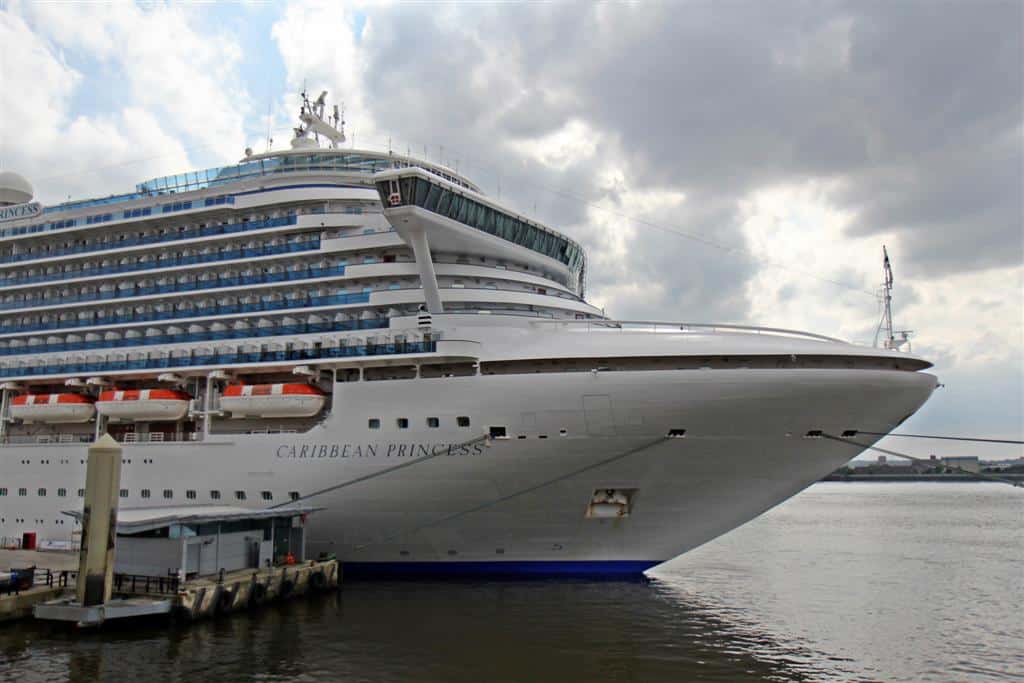The New York Times was blunt in its series on crime at sea: “Few places on the planet are as lawless as the high seas, where egregious crimes are routinely committed with impunity.”
Whistleblowers are key to exposing those crimes, including illegal dumping from ships, according speakers at a Tuesday webinar broadcast from Washington. The panel looked at the role private citizens and whistleblowers play in the detecting off-shore crimes, including those that violate a law known as the Act to Prevent Pollution from Ships (APPS).
“Enforcing, let alone detecting violations on the open ocean– with how vast it is — is just inherently difficult,” said Anton DeStefano, Lieutenant Commander of the U.S Coast Guard’s environmental law division. He noted that he was speaking for himself, not the agency.
Since many mariners who come forward face physical and professional hardships, the government needs rewards to incentivize their cooperation with whistleblower rewards, he said.
Since 2016, over 23 corporations were convicted and the U.S collected for than $70 million in penalties under the APPS, he said. More than 262 ships were put environmental compliance plans.
In 2016, Princess Cruise Lines paid a $40 million fine for dumping oil contaminated waste. As with some other cases, the waste oil was diverted through what is known as a “magic pipe,” making the discharge hard to detect.
DeStefano noted that the whistleblower in this case reported his concerns initially in the United Kingdom. where there is no whistleblower reward system. The case was referred to U.S. authorities, where he was eligible for a reward.
“It’s a testament to the professionalism of these mariners,” he said.
Poux said they still get discover wrongdoing during boat inspections, but most of their cases now come from whistleblowers. He said is often asked why they rely on whistleblowers.
“An engine room crew has six-to-eight people…A ship is a mobile factory. It disappears over the horizon and the only people that know what is happening and how they manage that waste are those people in the engine room,” he said.
Discharges happen at night and are hard to spot, Poux said. In addition, the illegal discharging schemes have become more sophisticated. They are often set up in way that they won’t be detected during a Coast Guard inspection.
“Without someone on the inside, without our knowing where to look, we wouldn’t be capturing these cases,” he said.
Shipping companies have complained that whistleblowers are out for reward money, not the environment, Poux said. As long as their information is credible, he said, “I don’t really care why a person is doing something. My concern is are they telling us the truth.”
In his 17 years on the job, he’s never had a whistleblower make up a story.
“They protect the environment and then get paid for it,” he said. “That’s what I do.”
Stephen M. Kohn, chair of the National Whistleblower Center, said that like crimes at seas, fraud is hard to detect. Laws governing those crimes offer lessons to those using the APPS laws.
“Money laundering –designed to be hidden — illegal bank accounts — designed to be hidden — bribery – no one does it in the pubic square,” he said.
Whistleblower rewards compensate crew members for the cost of blowing the whistle. They also inspire other whistleblowers to come forward, Kohn said. And, they fund groups that protect the environment. His staff reviewed 100 settlement agreements under the Act to Prevent Pollution from Ships totalling $177 million. Of that, they calculated that $33 million went to whistleblowers. About $56 million from the fines went to “community service” payments, often to programs like the Florida National Keys Marine Sanctuary and the North American Wetlands Conservation Fund, a grant program administered by U.S. Department of Agriculture.
“If you sanction a pollution and use those sanctions for environmental purposes, this is the best you can get for the public interest,” Kohn said.
Event sponsors included the Environmental Law Institute, the International Network for Environmental Compliance and Enforcement (INECE) and National Whistleblower Center (NWC).
